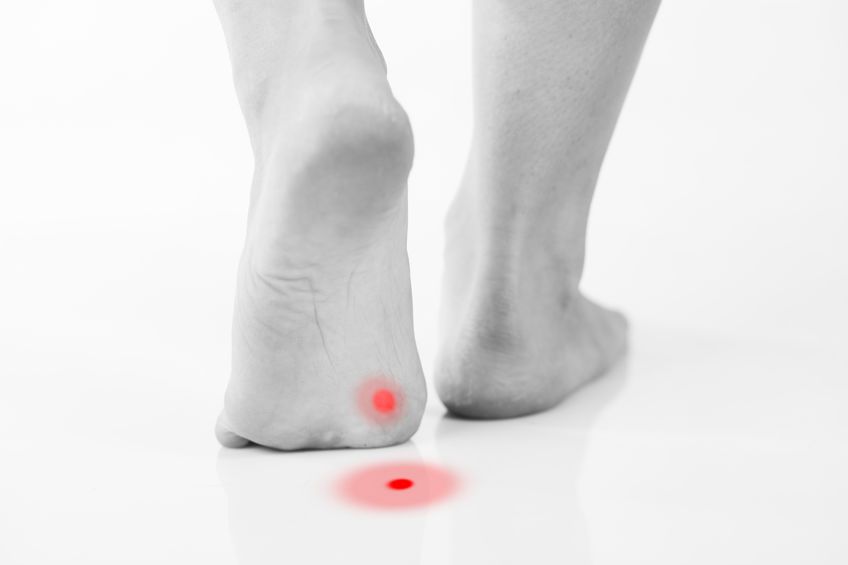Verruca Treatment Cardiff - Step Podiatry
Do I need verrucae treatment?
That can depend. Verrucae should go away on there own over time. Most in approximately 18 months. Some people prefer to treat them because they want to avoid spreading them to others, because verrucas are painful or because they don’t like the way that they look. There are treatments available to buy off the shelf at a pharmacist or supermarket, however, if you have diabetes, a circulatory disorder, an immune condition or are in doubt if it is a verruca you should contact a podiatrist for professional help. Our podiatrists can let you know if treatment is suitable for you, let you know of the risks and offer you a treatment plan taking into account your circumstances.
Similarly, if you find that the ‘off the shelf’ treatments aren’t working or that your verruca is getting bigger or are more painful then book an appointment as we have many additional treatment options.

Want to get your verrucae checked out?
Take a look at the treatment options or give us a call.
Call Now
029 2169 0021
Medical Information
What is a Verrucae?
A verruca is a virus called Human Papilloma Virus or HPV. It causes a wart most commonly found on the bottom of the foot or toe area. They have been described as being ‘cauliflower-like’ in appearance and often have tiny black dots.
They can vary in size, from very small to up to a few centimetres in size, and can also spread into a cluster of warts.
They can affect one area of the foot or multiple areas of both feet. They are not severe although they can be painful depending on what area of the foot they affect and if they are aggravated by footwear.
Some people find them unsightly and are embarrassed by them. There are different strains of the HPV Virus which means they can vary in appearance.
If you are in any doubt as to if you have a verruca, see a podiatrist to confirm a diagnosis.
How did I get one and can I pass it on?
The verruca virus thrives in hot, damp or moist environments, which is why they are commonly picked up in a swimming pool or on changing room floors. They are passed from person to person through direct contact but are also easily contracted if you step on the same level as someone with a verruca, particularly if you have any cuts, lesions or abrasions on your feet.
It is thought that there is a period between coming into contact with the verruca virus and it presenting as a wart on your foot. Once you have a verruca, then you are then able to pass it onto others.
How do I avoid getting a Verruca?
It can be difficult to avoid getting a verruca. You will not be able to see the verruca virus as it is not visible to the human eye. Verrucae are not necessarily contracted in places with poor hygiene, and the virus cannot be destroyed with the scrubbing of floors or with antibacterial products.
